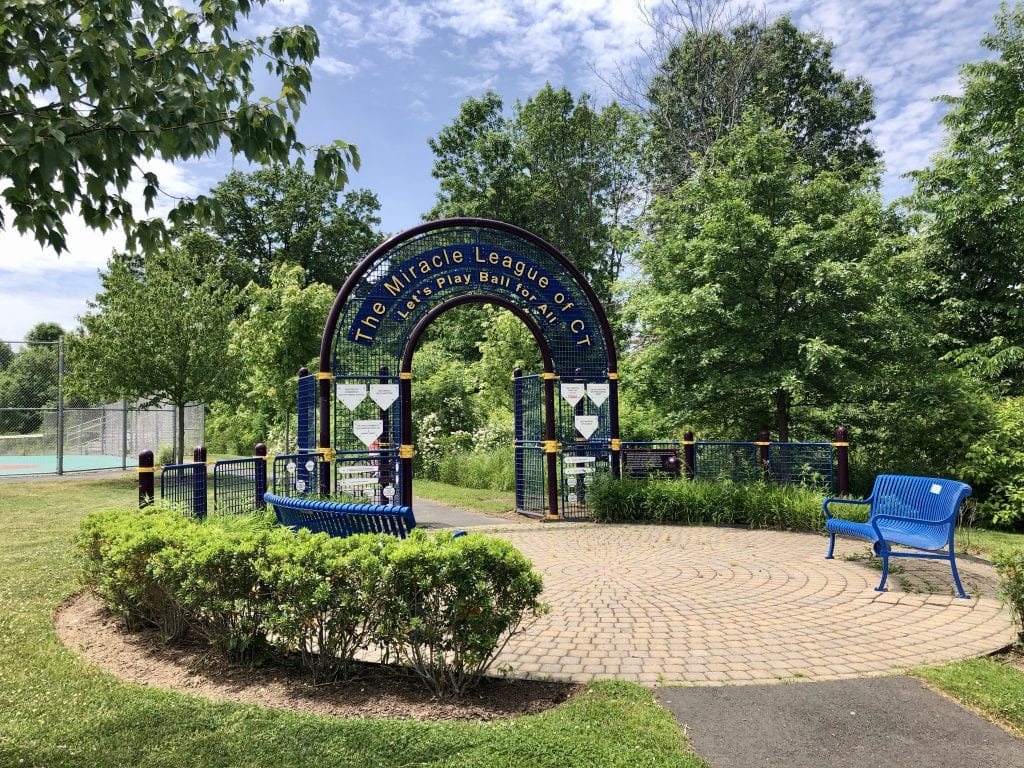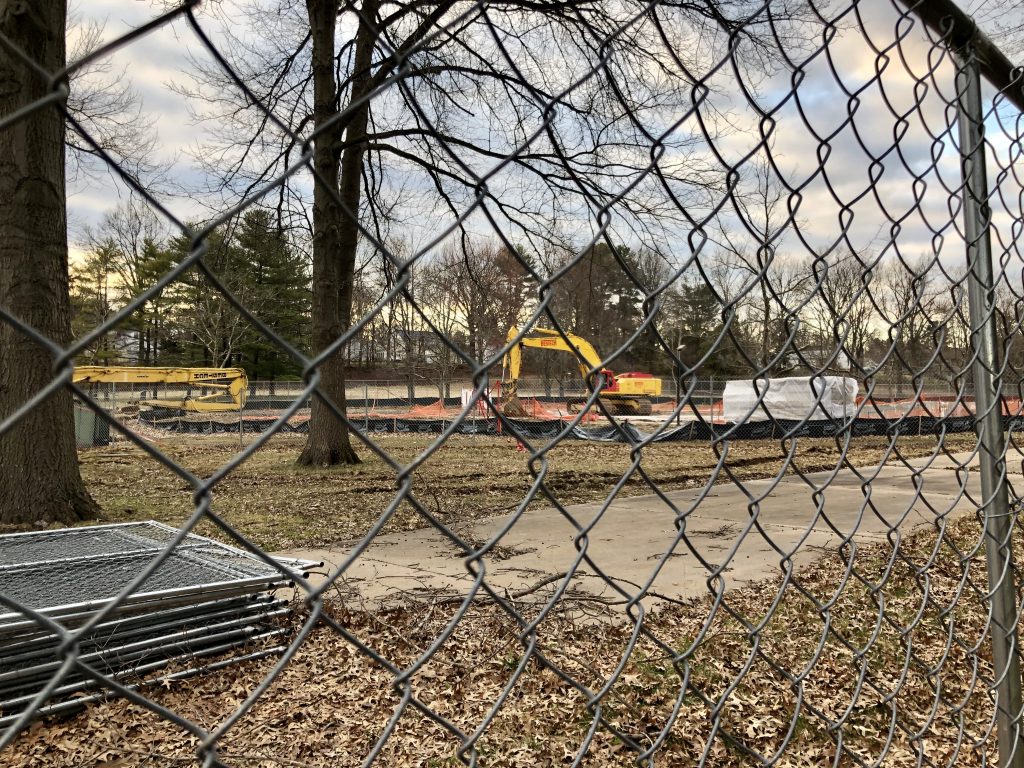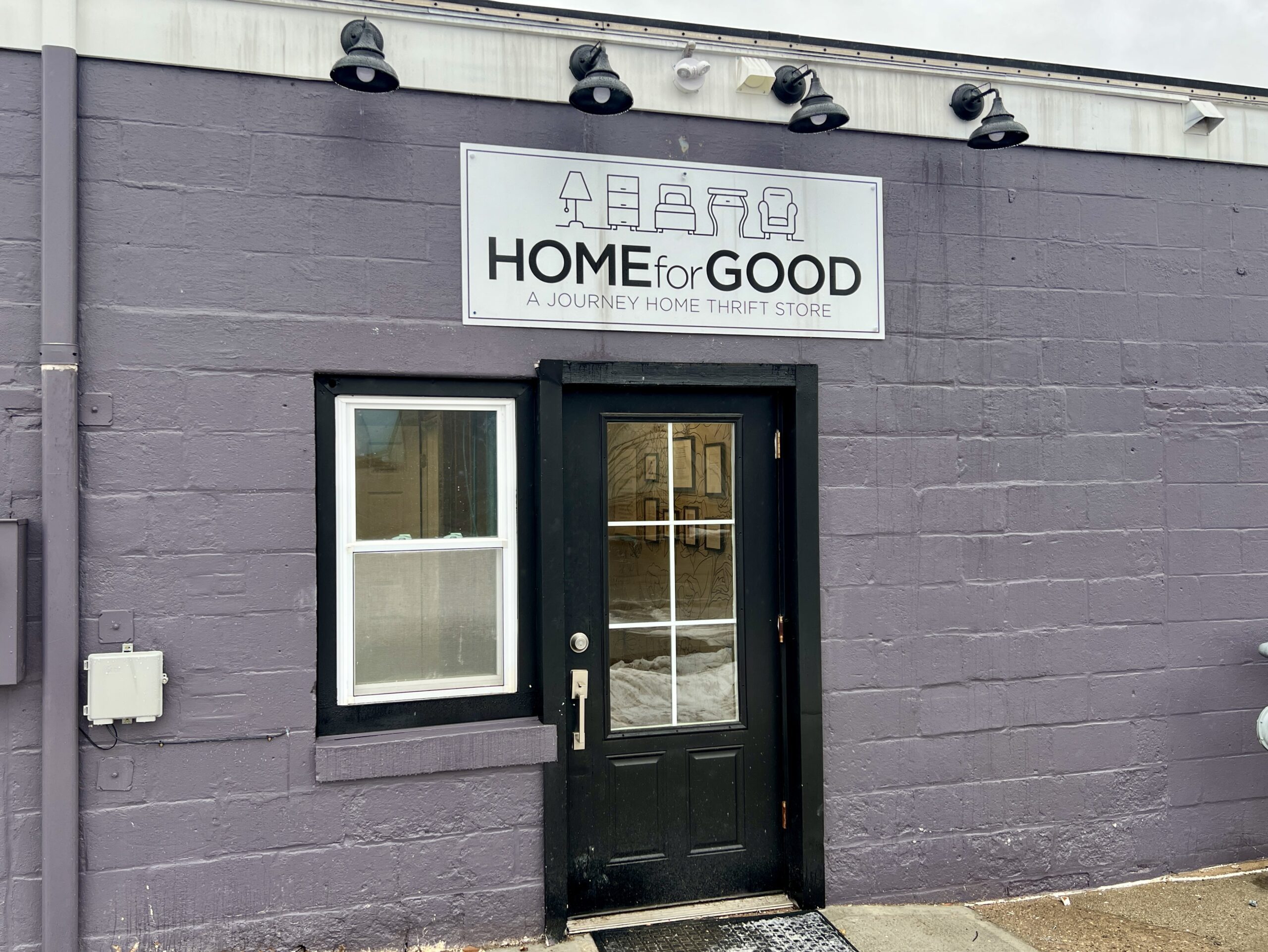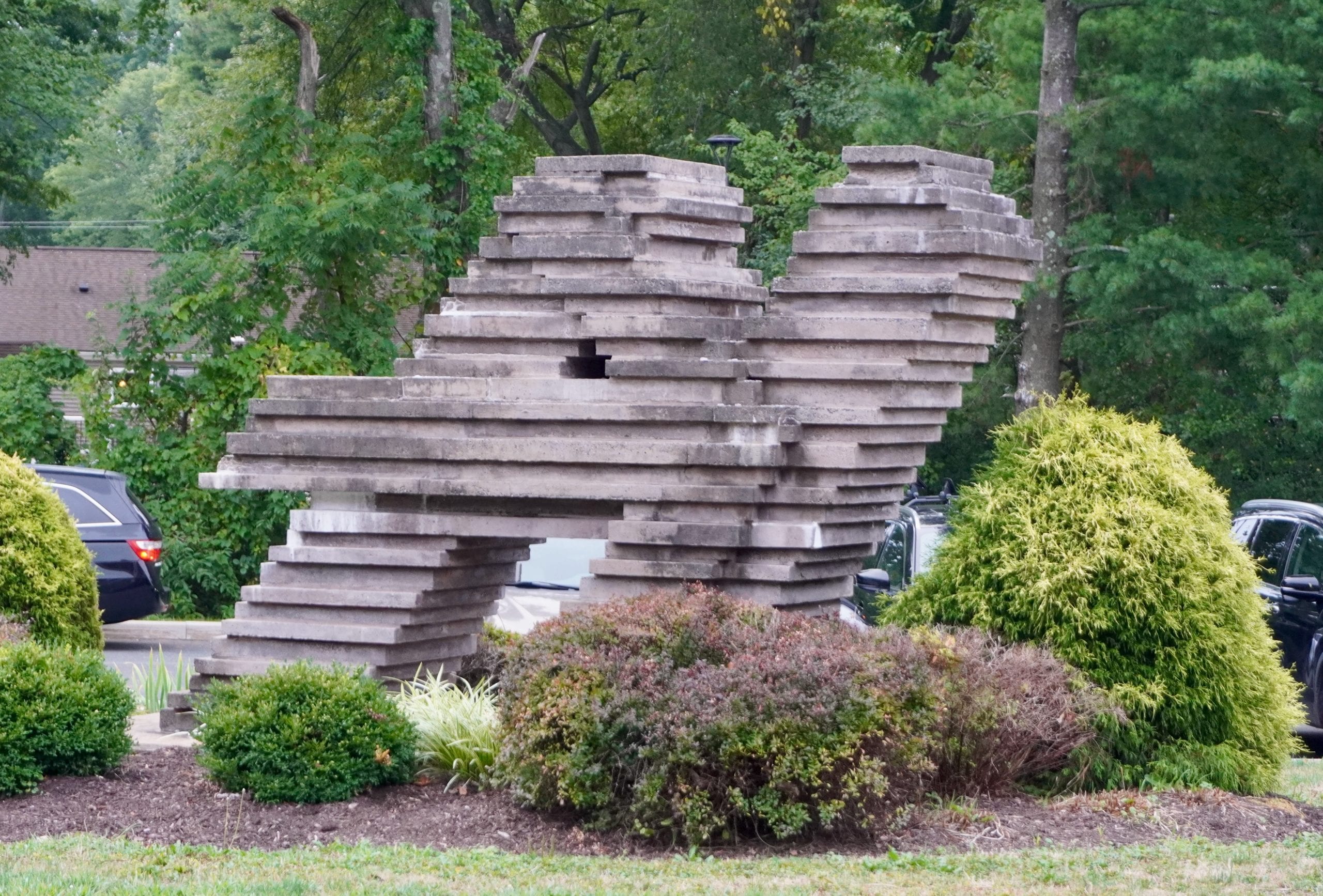West Hartford’s Right of First Refusal for Ideanomics Property Expires, Offers Under Review

Audio By Carbonatix

The 58-acre former UConn West Hartford campus, now owned by Ideanomics/Fintech Village, is being marketed by a national real estate brokerage. Photo credit: Ronni Newton (we-ha.com file photo)
The Town of West Hartford had entered into a contract with Fintech Village/Ideanomics which included a right of first refusal for the former UConn campus property, and that agreement will expire on Dec. 31, 2020.
By Ronni Newton
The Town of West Hartford’s right of first refusal regarding any offers to purchase the former UConn campus located at the intersection of Trout Brook Drive and Asylum Avenue and now owned by Fintech Village/Ideanomics will be permitted to lapse at 11:59 p.m. on Dec. 31, 2020, Town Manager Matt Hart confirmed Thursday.
“The agreements expire today, with the exception of the ball field lease which continue for another six months,” Hart said in a phone interview Thursday morning. The automatic extension of the lease for the fields – which include the Miracle League of Connecticut accessible field, a Little League field, and a playground – was part of the agreement negotiated by the town in late June 2020, which took effect on July 1, 2020.

Miracle League of CT accessible field on former UConn campus, now owned by Ideanomics. Photo credit: Ronni Newton (we-ha.com file photo)
Hart said the town will not be exercising its rights to purchase the property, and the agreement for the town to maintain the property, which included mowing the grass and plowing snow, will also expire at the end of 2020. Ideanomics is aware that it will need to take over the maintenance, Hart said.
Weeks after the July 1, 2020 agreement with the town was finalized, Ideanomics engaged real estate company Colliers International to market the property, and it was officially listed for sale just before Labor Day, John Cafasso, a principal with the Colliers International Hartford office, previously told We-Ha.com.
Cafasso had issued a call for bids on the property by Oct. 31, and multiple offers were received, vetted by Colliers, and several offers were presented to Ideanomics.
“No news as of today, but we are getting closer on selecting a buyer,” Cafasso told We-Ha.com on Thursday.
Hart confirmed Thursday that he had been in contact with Cafasso, was aware that four or five bids had been received, and said he is aware the owner is weighing at least one or two of those offers.
“We, as a town, are cautiously optimistic that Ideanomics will enter into a purchase and sale agreement with an entity in the not-too-distant future,” Hart said.
The Ideanomics Board of Directors will have to approve any agreement, the negotiation of which will include which party is responsible for completing remediation of contaminants on the property, which include polychlorinated biphenyls (PCBs) and asbestos. One of the five buildings on the former campus was demolished by Ideanomics’ contractor last year as part of the remediation process, and some additional clean-up has also taken place.
Hart said he is optimistic the the town will be able to work with the entity that purchases the property “to secure our long-term interest in the fields, and to see the the sight is properly remediated and developed in a manner that is consistent with our Plan of Conservation and Development and our long-term vision.”
The property is currently zoned for single-family residential use, and in keeping with the POCD Hart said acceptable uses for the property would include “other residential uses like multifamily.” The community vision for the property, he said, “calls for maintaining the open look and feel of the campus.”
The 1700 and 1800 Asylum Avenue properties, which total roughly 58 acres, a large portion of which are wetlands, were marketed without a listed price. Hart said he does not have any information about the monetary value of any of the offers received, but said he does know that “some or all are from reputable entities.”
While the Town Council approved the resolution authorizing the agreement for the right of first refusal and maintenance, and would have had to approve the exercise of that right, Hart said the Council is not required to affirm the lapse of the agreement.
The Council, in executive session as permitted by the nature of the discussion, has been kept apprised of the developments. Hart said that discussions have included a review of due diligence information developed by Robinson and Cole, which the town engaged for that purpose. A formal report has not been provided by Robinson and Cole, but Hart said their work was helpful in determining the course of action.
Ideanomics had purchased the property more than two years ago for the purpose of creating the global technology center Fintech Village, but during 2020 the company first sought partners and then officially decided that the project would not move forward.

One of the four buildings on the former UConn campus has been demolished, but when this photo was taken in March 2020, the project had already been in mothballs for weeks. Photo credit: Ronni Newton (we-ha.com file photo)
Background
In late June 2020, the Town Council approved a resolution, which took effect July 1, allowing Hart to enter into a contract with Fintech Village, Inc./Ideanomics to give the town first right of refusal should there be an offer on the property. The agreement also allowed the town continued use of the ballfields and playgrounds on the east side of Trout Brook Drive, and the town agreed to assume Fintech Village’s responsibility for maintenance of the grounds, which had become overgrown.
Under the terms of the right of first refusal, Hart told the Council in June, “The town would have the ability to match any offer that Fintech Village might receive to purchase both parcels, as well as an offer they may receive to purchase one of those parcels individually.”
One of the five buildings on the former campus was demolished by Ideanomics’ contractor last year, and some degree of remediation of polychlorinated biphenyls (PCBs) and asbestos has taken place in other buildings.
In both its year-end financial report released in March 2020, as well as in the company’s first quarter financial report, released in May, Ideanomics stated: “The company has identified Fintech Village as a non-core asset and is evaluating its strategies for divesting of this asset.”
Ideanomics purchased the 58-acre former UConn campus “as is” for $5.2 million in October 2018, with the intention of to building Fintech Village – a $400 million center for global technology and innovation – on the property, and creating jobs for upwards of 300 people. They committed to assume all responsibility for remediation of the contamination which occurred when the state owned the property and constructed the buildings for UConn.
A $10 million loan through former Gov. Dannel Malloy’s First Five Plus program for capital renovations, which could have been forgivable if job creation targets were met, was part of the original plan but the project never reached a stage where the funds were provided.
The project ultimately stalled for a host of reasons, and in a recent financial report Ideanomics noted that the company is shifting its focus from financial services to the Electric Vehicle sector. The company has been publicly touting success in the Chinese EV market.
In March 2020, Ideanomics CEO and Fintech Village President Alf Poor told We-Ha.com that the company was seeking potential partners for the Fintech Village project. Hart said that it was a mutual decision this spring between the town and Ideanomics to begin crafting the agreement which took effect July 1.
UConn initially announced its plans to relocate its Greater Hartford campus downtown in 2012, and although the town ultimately chose not to purchase the campus several years ago, it undertook a robust community engagement process to develop a vision statement for the property, which was adopted by the Town Council in April 2018.
Hart had said there were valid reasons for the town to take another look at purchasing the property, including the fact that it contains recreational assets – four ball fields, including the Miracle League field – that the town has had use of for many years. The property is also strategically located in town.
“We hope to bring in a qualified developer that wants to be part of the community,” Cafasso said last month. “This is one of the last large tracts of land in Central Connecticut.”
The flier created by Colliers for the property noted that it is “zoned for single family development with multifamily or office potential.”
Any changes to the existing single-family zoning would require approval of the Town Council. Other challenges to development include the fact that much of it is wetlands, and remediation of contaminants needs to be completed.
For information and background about West Hartford’s previous history with the campus, the purchase plans, and interviews with Ideanomics principals, click here.
Like what you see here? Click here to subscribe to We-Ha’s newsletter so you’ll always be in the know about what’s happening in West Hartford! Click the blue button below to become a supporter of We-Ha.com and our efforts to continue producing quality journalism.



